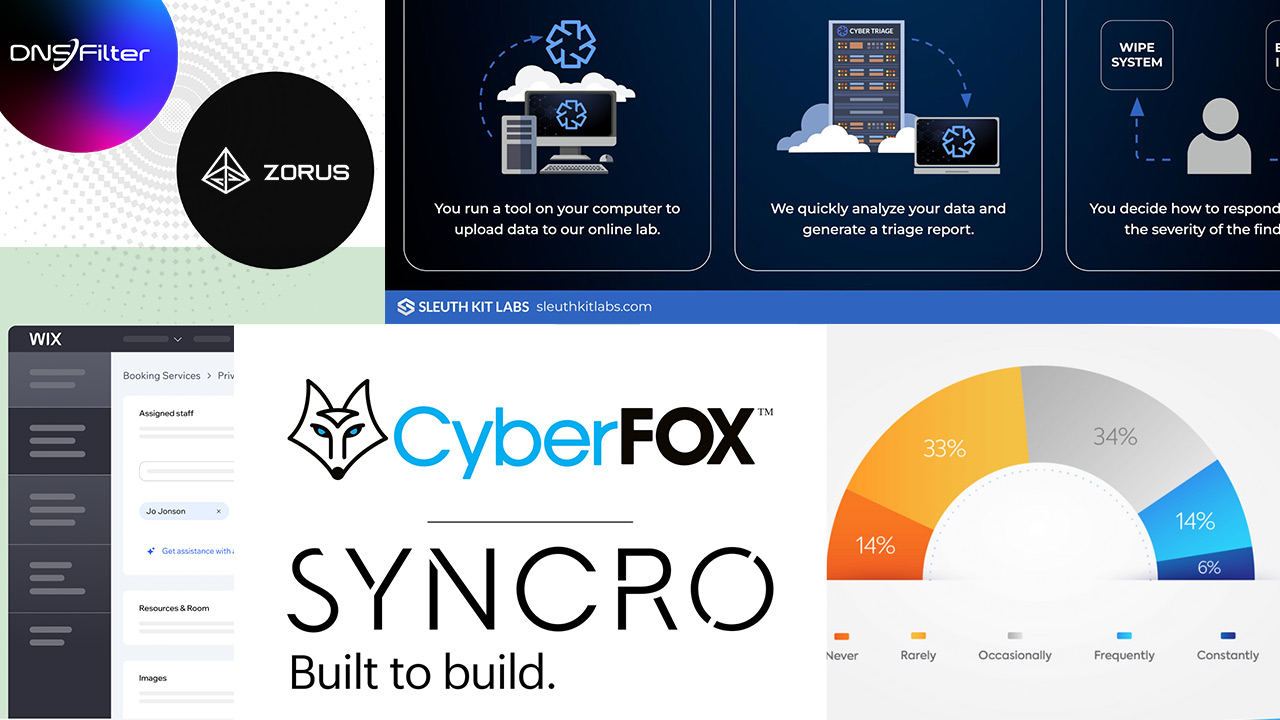Add this one to the list of AI applications: incorporating AI into professional services automation (PSA) tools. While there’s clear potential for increased efficiency, many MSPs are still working to maximize their existing PSA capabilities even before adding AI to the mix.
“Business software is not well utilized in [general],” said Nadir Merchant, general manager of IT operations products at Kaseya. “People use the bare minimum capabilities to solve their immediate pain, and they don’t maximize the usage of the tools mostly because they don’t have time.”

Nadir Merchant
MSPs face unique challenges in tool adoption compared to larger enterprises, Merchant added. Unlike corporate environments with dedicated implementation teams, MSPs often manage their tools as a “side desk job,” splitting responsibilities among service desk managers and finance teams. This fragmented approach can lead to underutilization of powerful features already present in their PSA platforms.
Despite these challenges, AI adoption in PSA tools shows promise, particularly when the implementation is straightforward. “The AI capabilities that are coming to market, that are built into the PSA tools [and] easy to use will be extremely well adopted,” said Merchant.
The AI Advantage
Ticketing is a common early step toward AI adoption among MSPs. Jake Varghese, EVP and general manager of business management for ConnectWise, described how AI can transform ticket handling, explaining the system can automatically analyze incoming tickets to identify “VIP” customers and assess the urgency of their requests based on the content and tone of their messages. When a high-priority issue is detected, the system can automatically escalate the ticket’s priority level, ensuring faster response times for critical situations.
The impact of AI in PSA tools is also reshaping how MSPs handle their most time-intensive tasks. Technicians, who traditionally spent hours troubleshooting and managing tickets, are now streamlining their workflow through AI assistance. “The troubleshooting, working on tickets, solving problems for customers is by far the biggest time-consuming, labor-intensive task that an MSP faces,” Merchant said.

Jake Varghese
Beyond day-to-day ticket management, AI is helping MSPs make sense of their vast data repositories. Varghese describes how AI tools can sift through years of service data to generate actionable insights and predictions. “Now that I have insights, and I have the data, and I understand the domain that it operates in, I can start making predictions based on that data.”
These predictive capabilities are proving particularly valuable for capacity planning and proactive service delivery. By analyzing historical patterns, AI can forecast ticket volumes and identify potential service issues before they impact customers.
Caution Signs on the AI Journey
MSPs venturing into AI integration requires careful consideration of several critical factors. Data privacy and security stand at the forefront of these concerns. Merchant said MSPs need to thoroughly understand how their data will be handled and used. This includes evaluating where data will be stored, how it’s segregated, and what privacy implications might arise from shared or pooled data arrangements.
The implementation approach itself deserves strategic thought. “Lean in,” Varghese advises, noting how AI is now a permanent fixture in the industry landscape. He recommends MSPs learn from peers who have already navigated these waters, leveraging industry events and user communities to build knowledge and confidence.
The good news for cautious MSPs is that vendors are increasingly designing their AI features with flexibility in mind. “For organizations that are wary, we’re making all of our AI configurable, so they can just turn it off if they don’t want to be at the forefront,” Merchant said. This optionality allows MSPs to adopt AI features at their own pace, testing and implementing capabilities as their comfort and capacity allow.
Looking Ahead
As vendors continue to develop AI capabilities for PSA tools, MSPs have options in how they approach adoption. Early adopters are already seeing promising results, while others taking a more measured approach also experience measurable gains. The key is finding the right balance between leveraging new AI capabilities and ensuring proper utilization of existing PSA features. As these tools evolve, MSPs that thoughtfully incorporate AI into their operations while maintaining focus on security and practical implementation will be best positioned for success.
Image Credit: DALL-E













